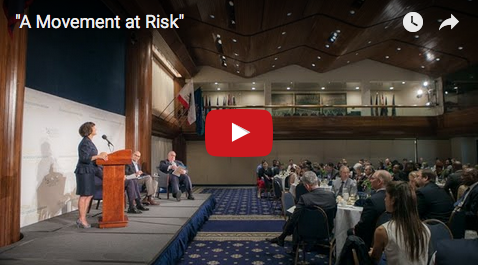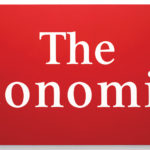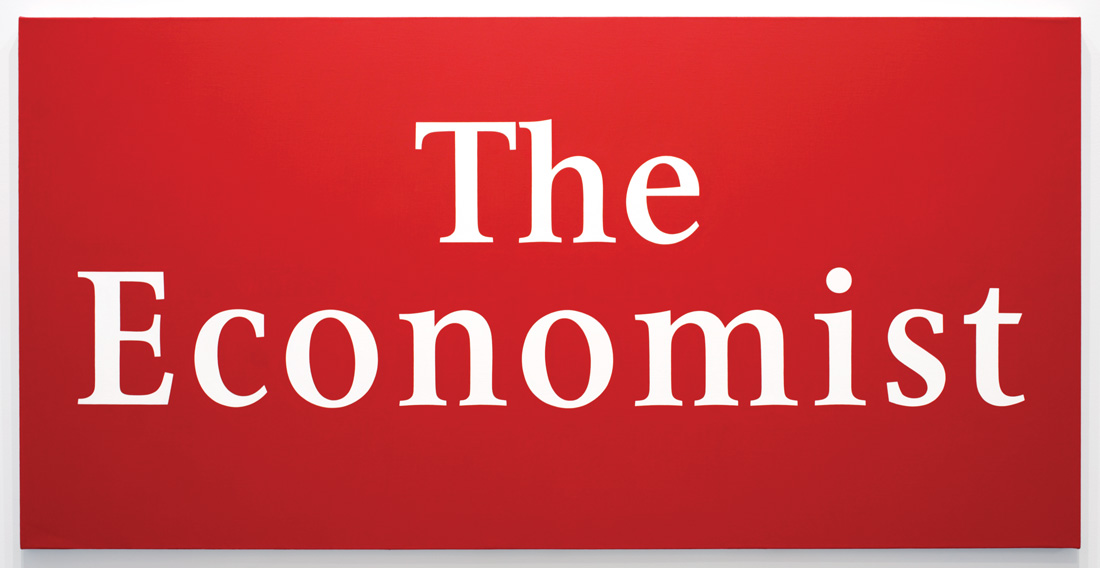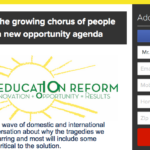
SOUNDING THE ALARM FOR INNOVATION & OPPORTUNITY. Hundreds convened last week in Washington, DC to disrupt education and promote CER’s New Opportunity Agenda. “I left the lunch meeting feeling inspired and energized; filled with new ideas to try, groups with which to collaborate and ways to engage the students and their families who desire the option to select the type of school that is the best fit for their educational needs,” wrote Connections Education President Dr. Steven Guttentag.
Add your name to the growing chorus of people who commit to a new opportunity agenda!
MISS THE EVENT? The full video from The National Press Club is now available at edreform.com, along with a two-minute highlight reel and shorter video clips of not-to-be-missed moments. Stay tuned on social media for more short clips to be released — and added to this page — throughout the week!
VIRTUAL CHARTER SCHOOL RESEARCH. While we appreciate the goal and desire to learn more about how online charter schools are impacting student outcomes, a report released last week lacks the depth and integrity needed in educational analysis, and ignores the fact that the voluntary choices of parents – when they have them – may not represent others’ conceptions of what works best for their kids. The report’s conclusions endanger the ideals of opportunity and innovation that are so desperately needed in education today.
WAITING FOR NOVEMBER. Despite the fact that more than 30,000 students are on charter school wait lists, charter school legislation has come to a “dead stop,” Massachusetts Senate President told the Associated Press. In April, the MA Senate passed a bill that masqueraded as a charter cap lift, but in reality would have done nothing to expand educational opportunities. The battle is not over yet though — 50 percent of likely voters in MA support a November ballot question to lift the cap on charter schools.
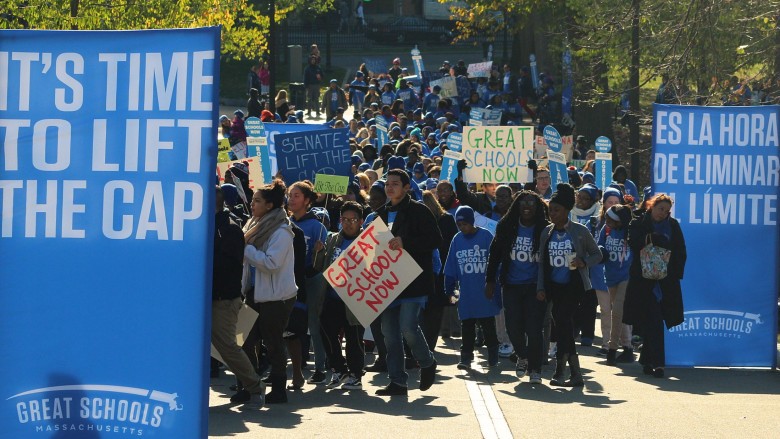
GOOD TEACHERS ARE MADE, NOT BORN. Forget smart uniforms and small classes. The secret to stellar grades and thriving students is teachers. An important article from The Economist.












